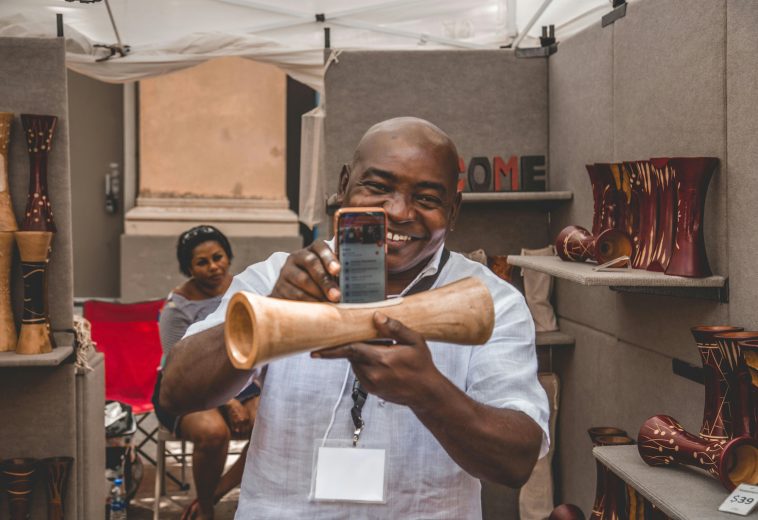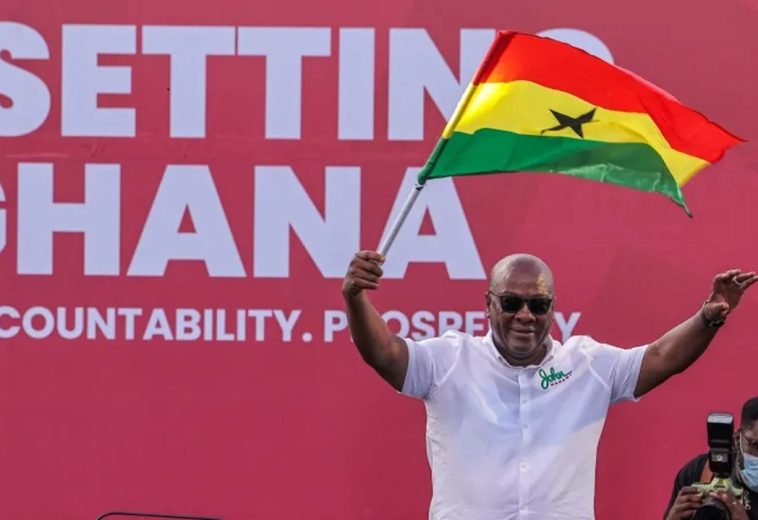Renowned for its rich cultural diversity and immense economic potential, Africa continues to be a focal point for trade fairs that unite businesses, governments, and entrepreneurs from across the globe. These events, which have grown significantly in scale and significance over the years, are now recognised as key drivers of growth, investment, and innovation.
Over the past two decades, trade fairs have evolved from modest gatherings to large-scale, multi-sector exhibitions that command global attention. Rapid urbanisation, a growing middle class, and Africa’s increasing role in global supply chains have all contributed to the expansion of these events. Notable examples such as the African Trade Fair (ATF) and the Africa International Trade Fair (AITF) attract thousands of exhibitors and visitors from various countries, creating vital platforms for networking, partnership building, and market exploration.
READ ALSO: Trade Without Borders: Africa’s Digital Marketplaces Go Global
Connecting African Markets
Trade fairs provide a crucial platform for African businesses to explore opportunities within the continent, exchange ideas, and establish connections that might otherwise be difficult to forge. The African Continental Free Trade Area (AfCFTA), which seeks to create a single market for goods and services across the continent, has given additional momentum to these trade events. AfCFTA facilitates reduced tariffs, smoother movement of goods, and increased trade among African nations, promoting integration and bringing together stakeholders to discuss trade policies, investment opportunities, and new collaborations.
For instance, the East African Trade Exhibition in Nairobi brings together businesses from East Africa and beyond, providing a venue for companies to broaden their reach and form partnerships that may lead to cross-border trade. Similarly, the West African Trade and Investment Conference in Lagos serves as a hub for industries aiming to tap into the region’s diverse consumer markets, spanning agriculture, technology, and more.
Foreign direct investment (FDI) plays a critical role in Africa’s development, and trade fairs serve as meeting grounds for potential investors seeking entry into African markets. Events like the South African Trade & Investment Exhibition and the Nigeria International Trade Fair regularly attract international investors, helping them identify viable opportunities in sectors such as mining, energy, and renewable technologies.
A Platform for Innovation and Knowledge Sharing
Africa is emerging as a hub for innovation and technology, and trade fairs are increasingly becoming platforms for showcasing cutting-edge solutions across various industries. Events such as the African Fintech Festival in Lagos and the Africa Tech Festival in Cape Town are prominent gatherings for the tech community, bringing together innovators, investors, and entrepreneurs to discuss emerging trends in digital transformation, fintech, artificial intelligence, and blockchain.
These events enable African businesses to collaborate with international counterparts, share knowledge, and create synergies that advance technological adoption across the continent. Additionally, they provide African tech startups with the opportunity to present their products to potential investors, partners, and clients, making these fairs integral to the continent’s burgeoning tech ecosystem.
The Role of Government and Regional Partnerships
Governments across Africa are increasingly recognising the value of trade fairs as tools for economic diplomacy and regional integration. Ministries of Trade and Industry actively promote trade fairs, often providing financial support and logistical assistance to businesses and entrepreneurs seeking to attend these events. In many instances, governments also organise trade missions or facilitate networking opportunities with foreign dignitaries and business leaders.
Regional economic communities (RECs) such as ECOWAS, SADC, and EAC also play a supportive role, promoting intra-regional cooperation and business development through trade fairs. These partnerships create a favourable environment for businesses to thrive, ensuring that trade fairs align with broader economic objectives and policies that benefit multiple countries.
Trade fairs in Africa have become pivotal to the continent’s economic future, serving as critical platforms for connecting businesses, attracting investment, and showcasing innovation. They play a key role in strengthening trade ties within the continent and beyond, aligning with Africa’s ambition to establish itself as a global economic powerhouse.
As Africa continues its economic ascent, these events will remain instrumental in unlocking the continent’s full potential, empowering local entrepreneurs, fostering international collaborations, and boosting Africa’s trade competitiveness on the world stage.




